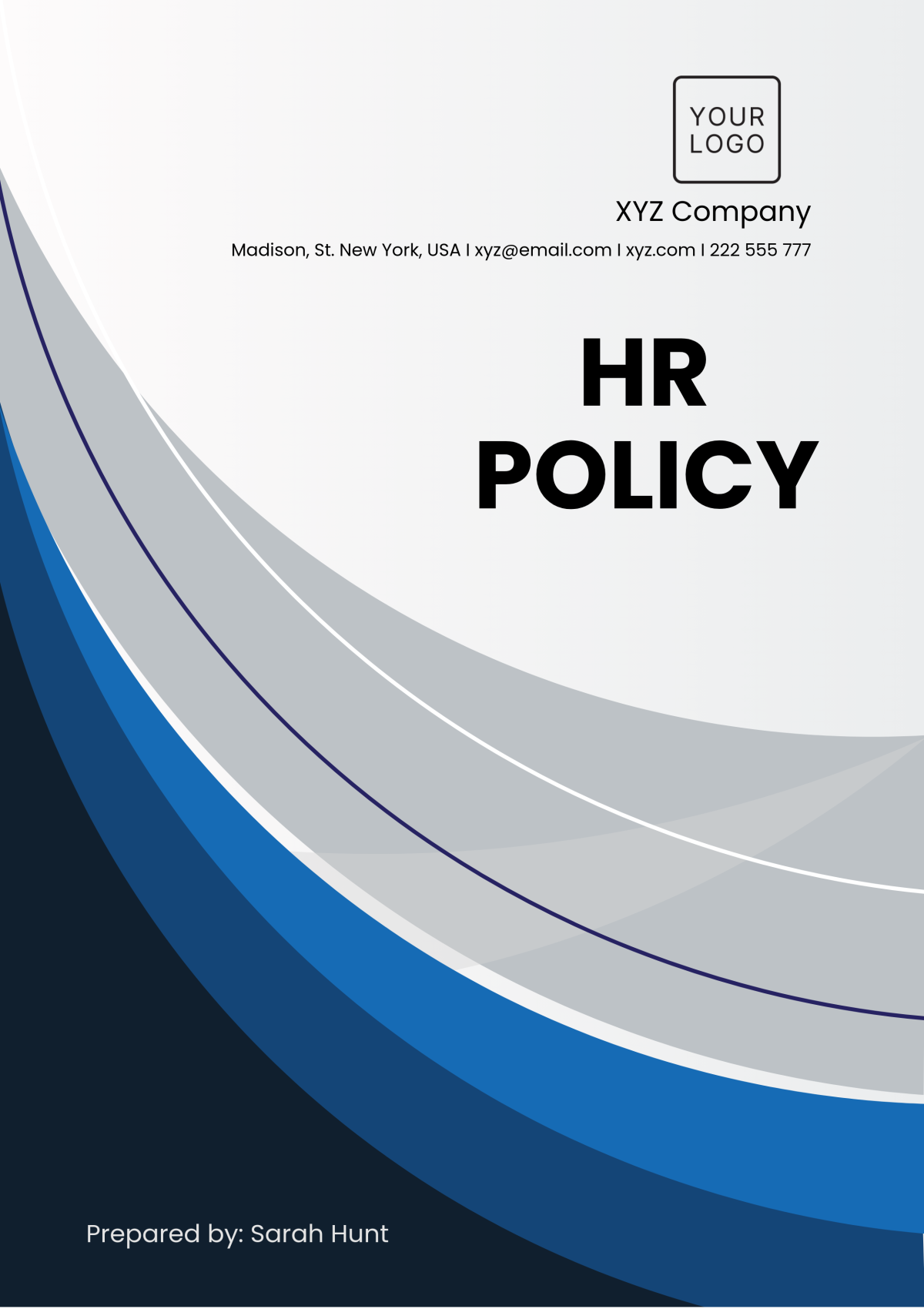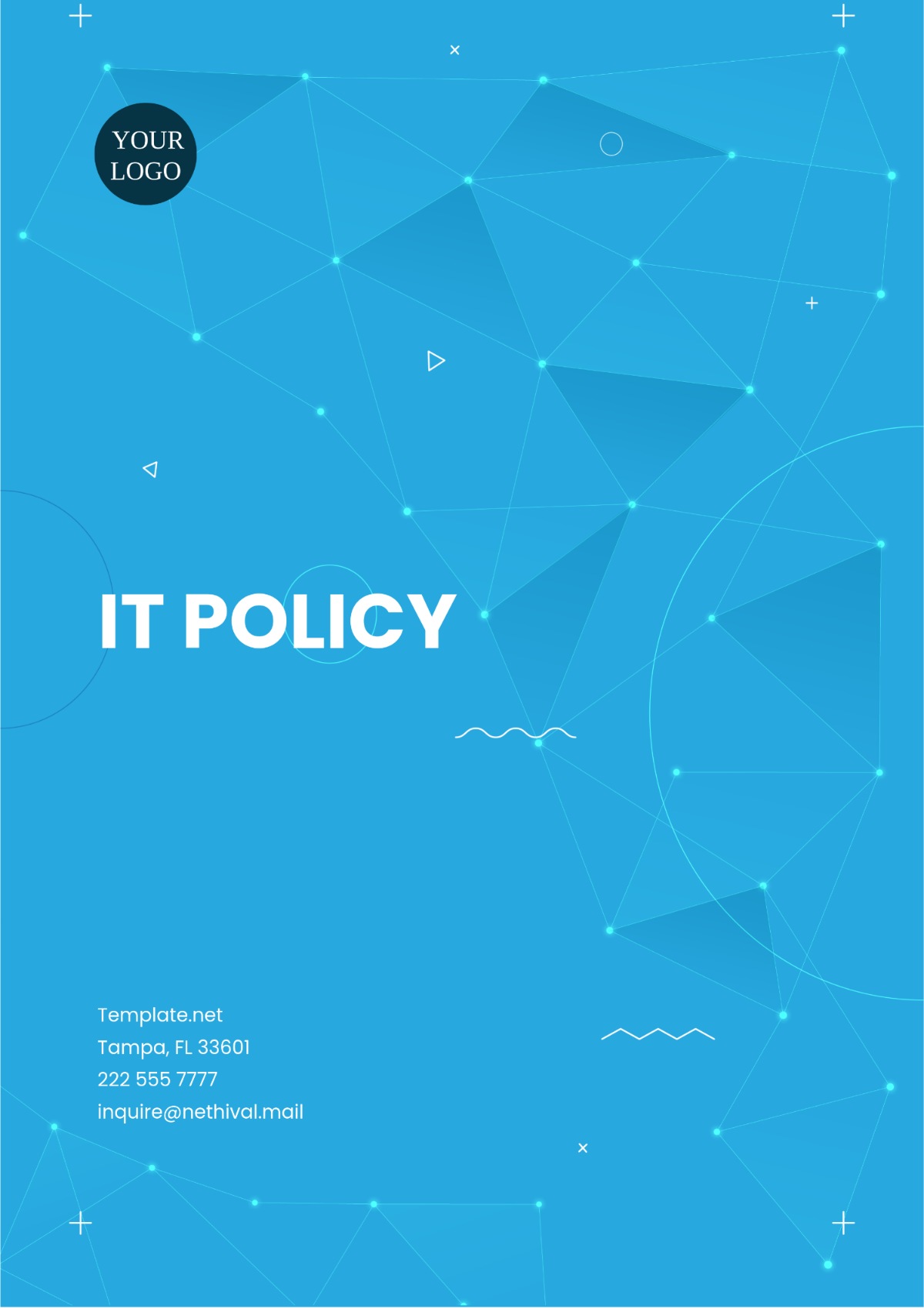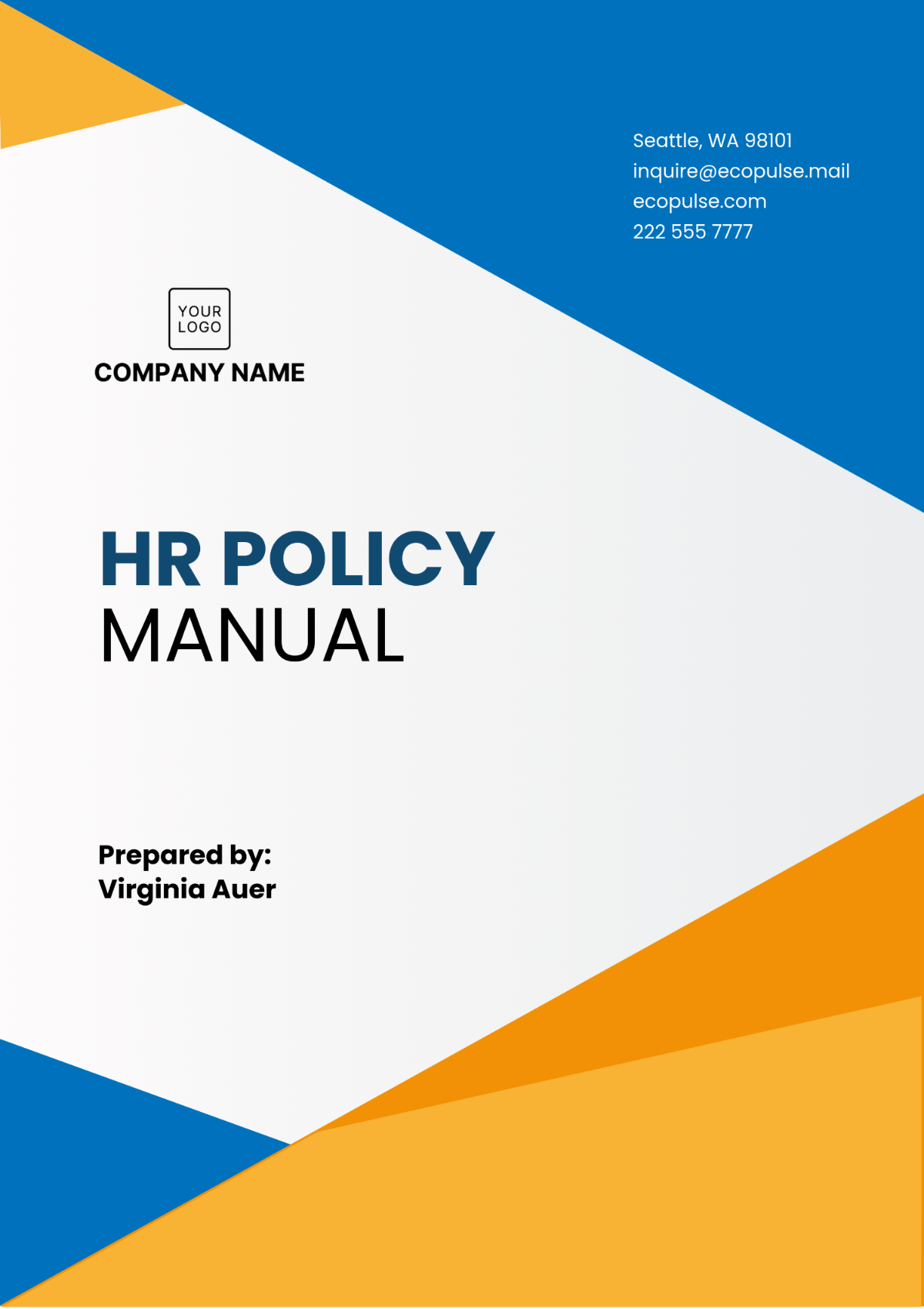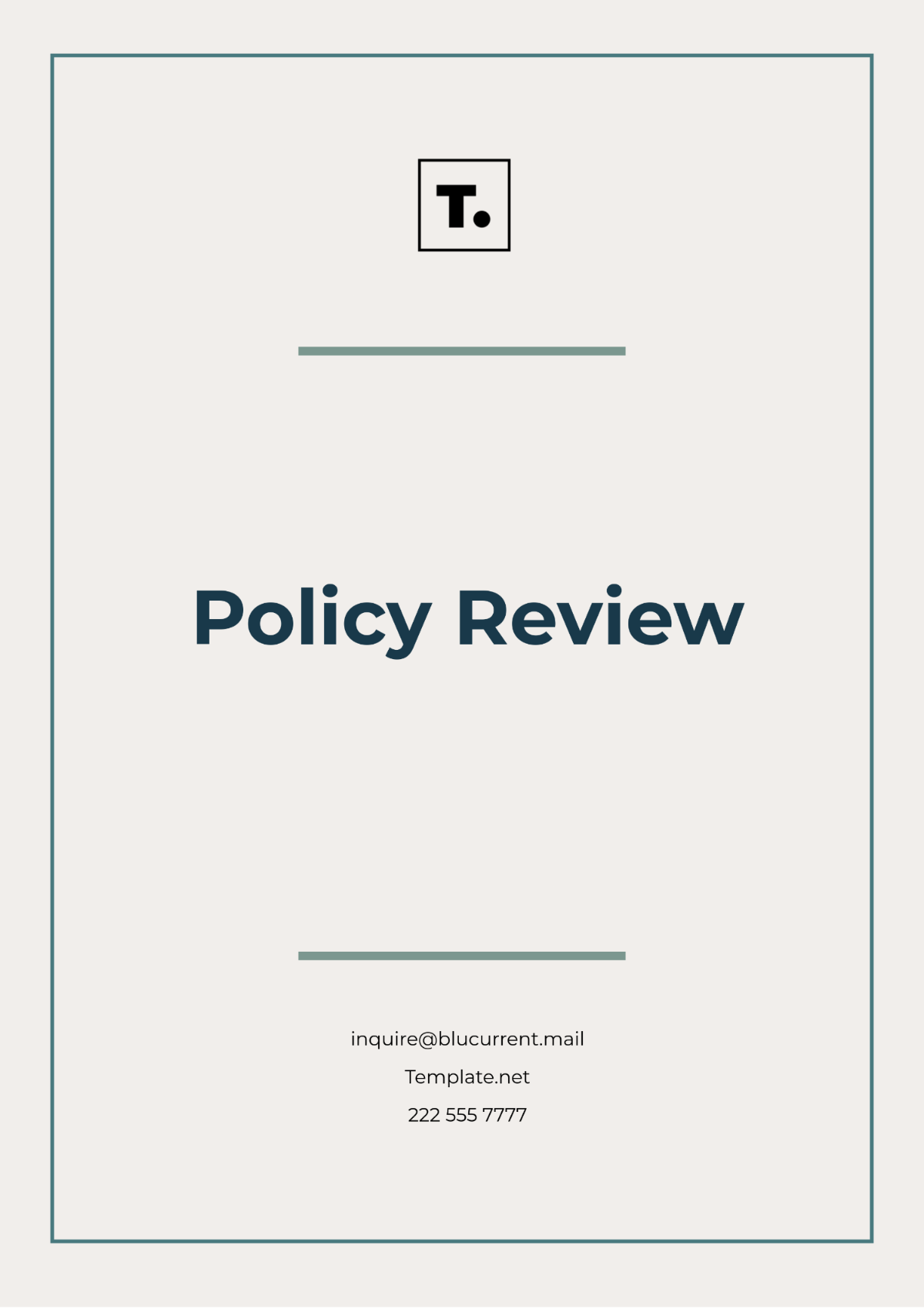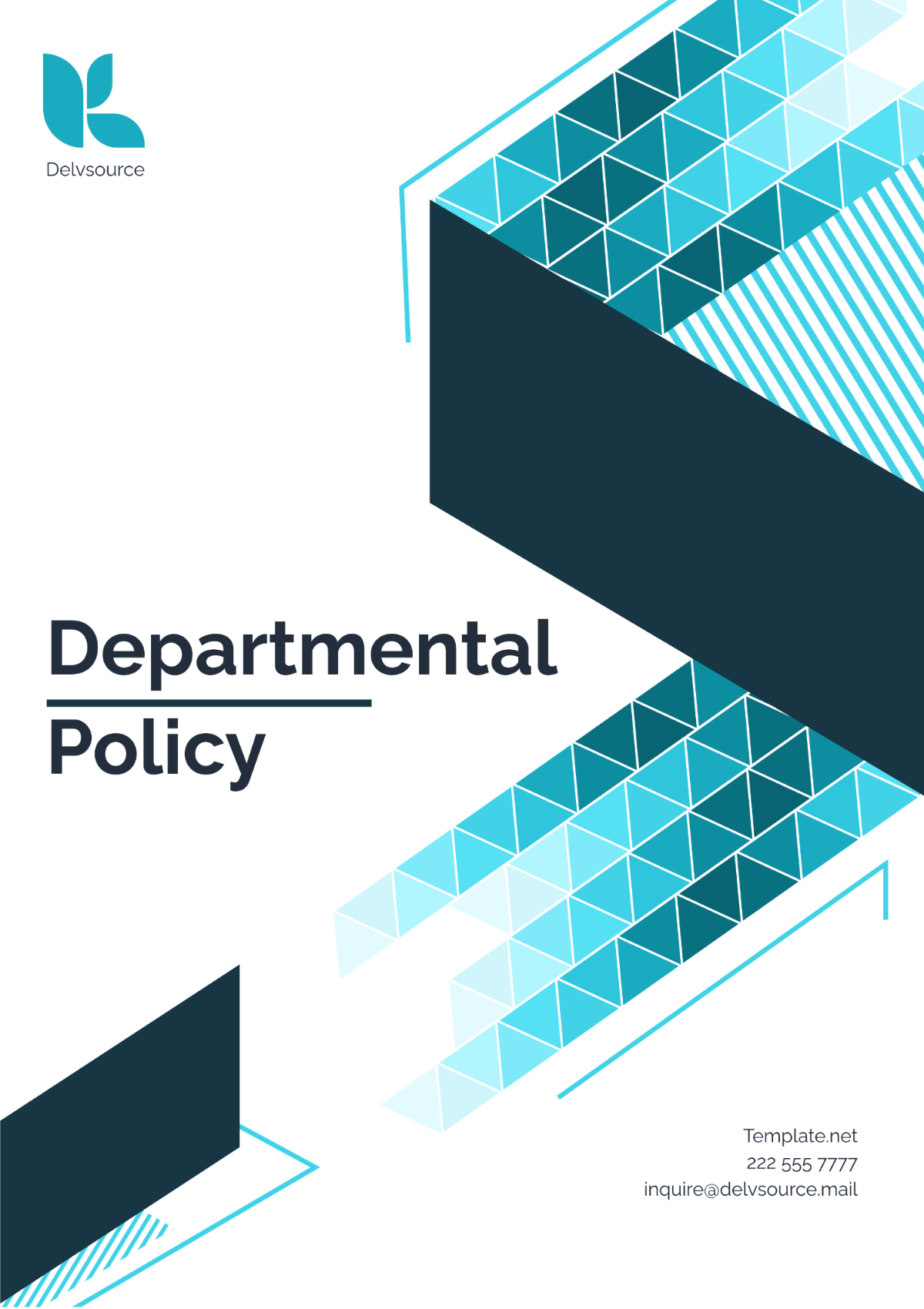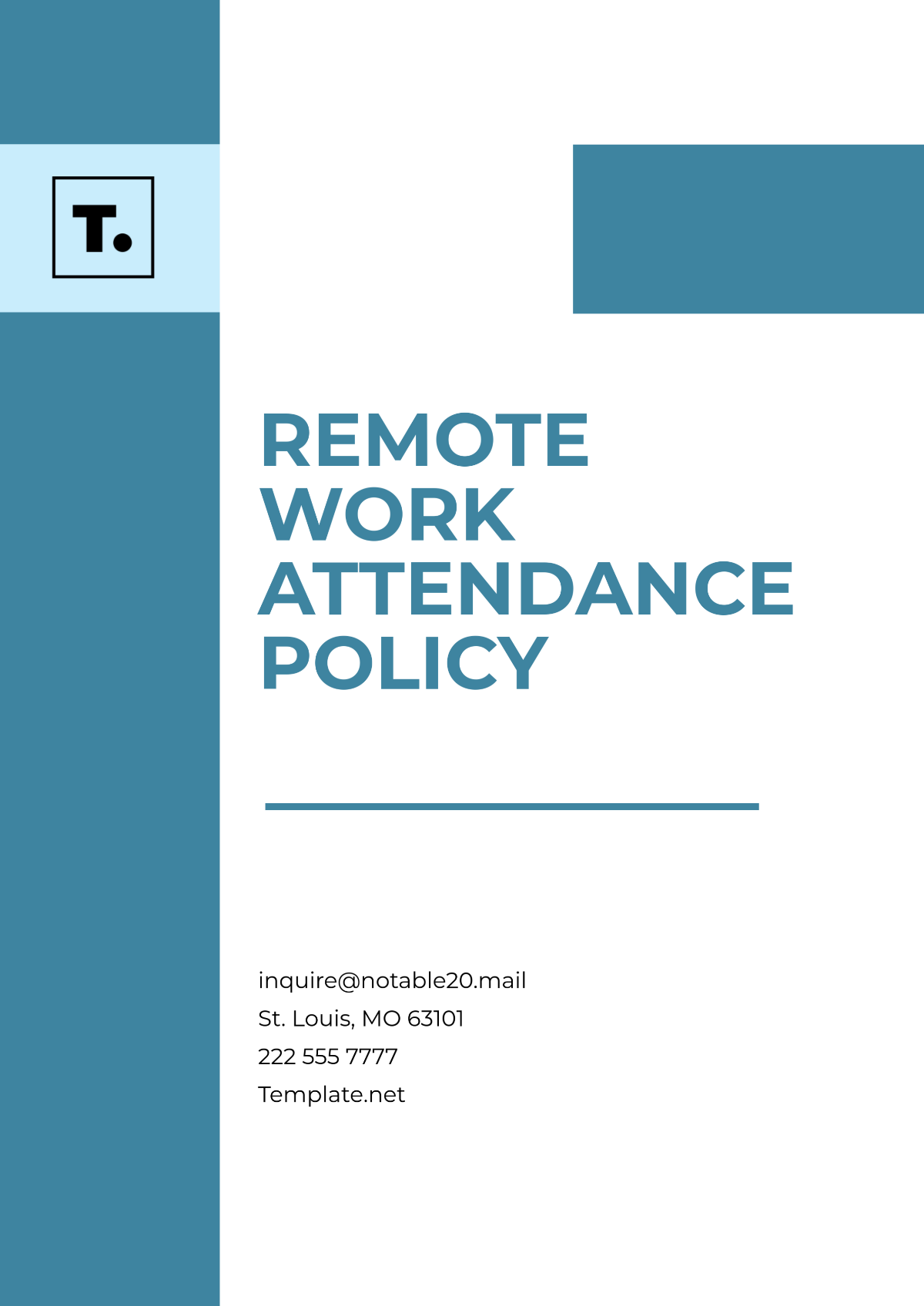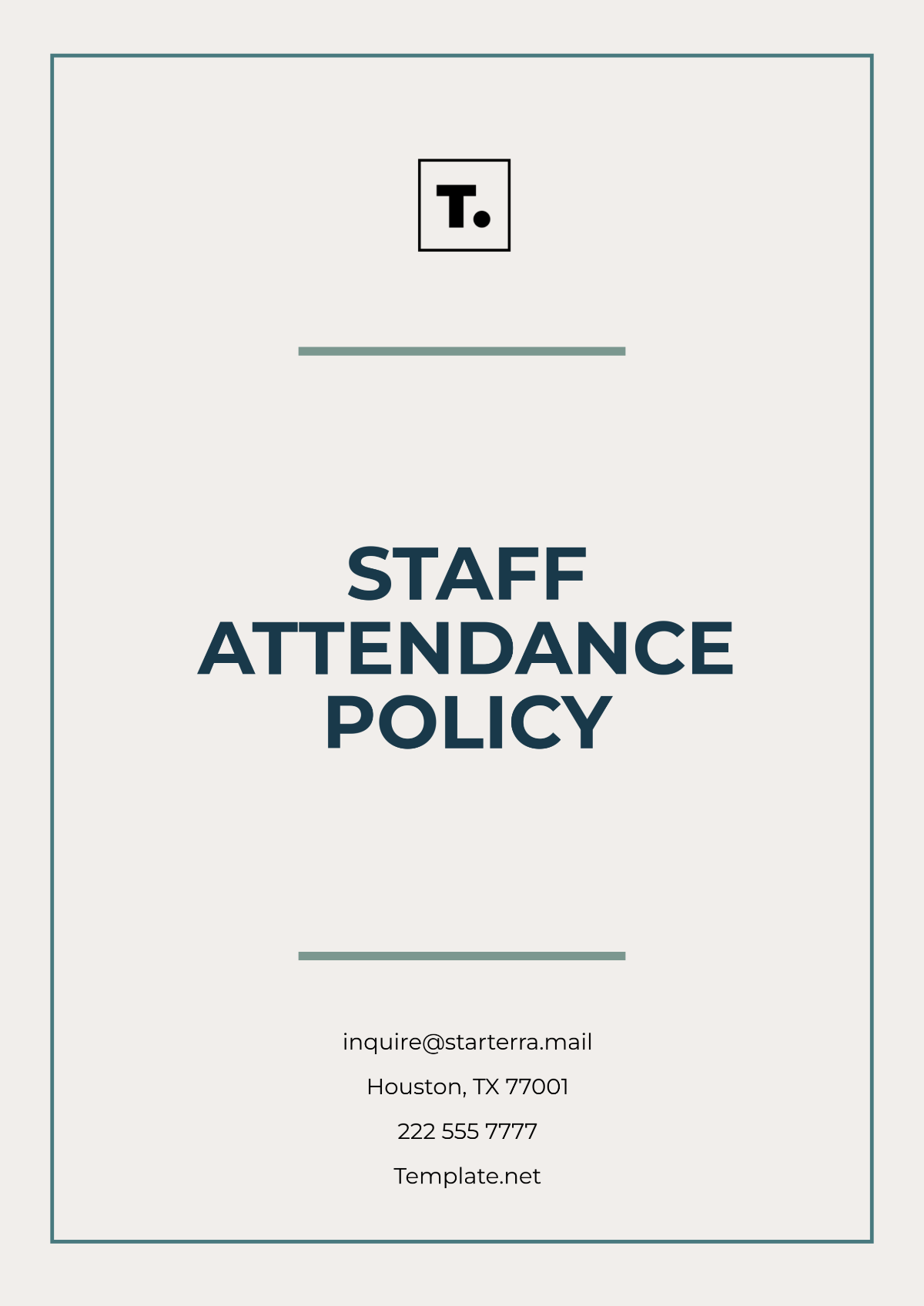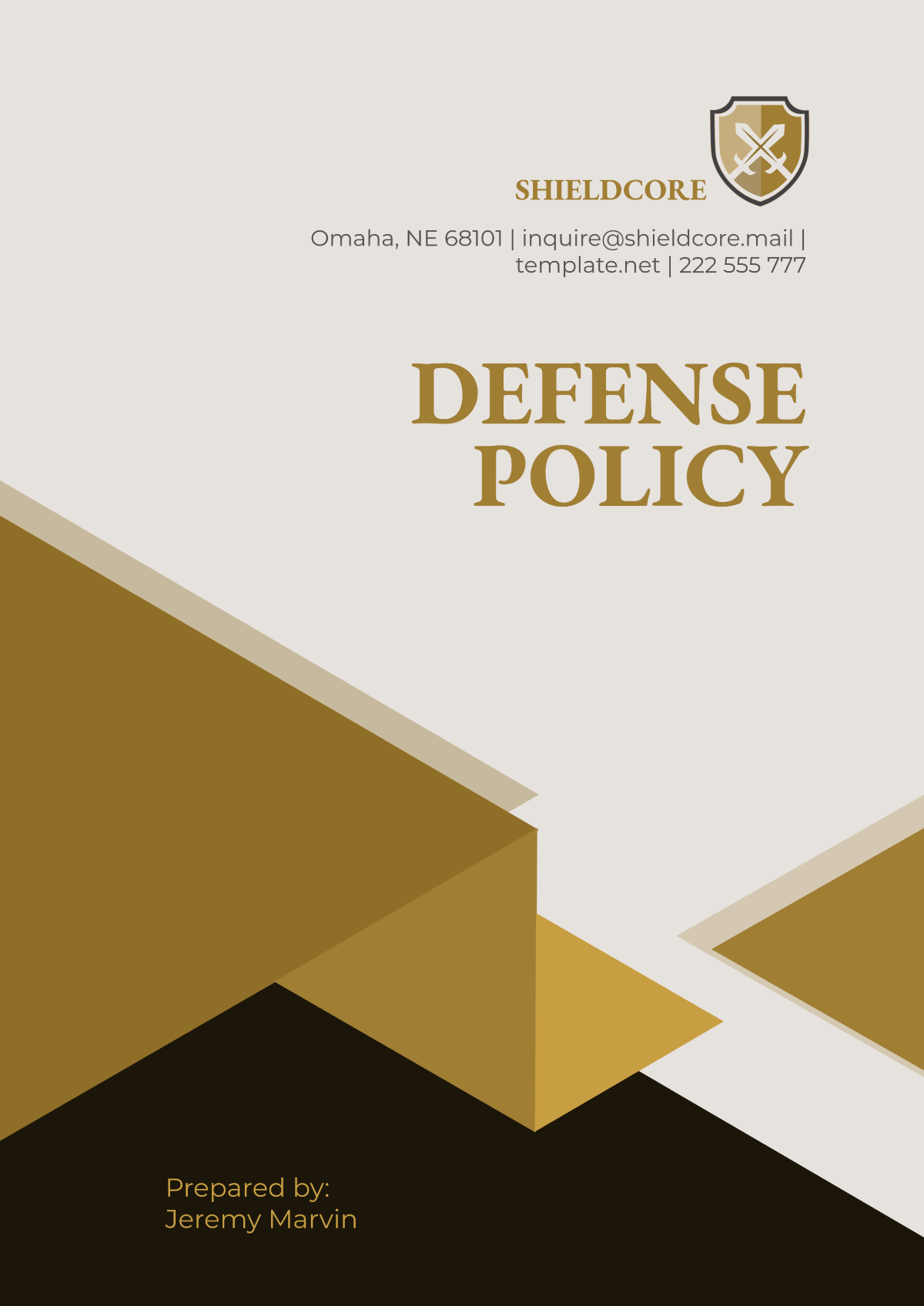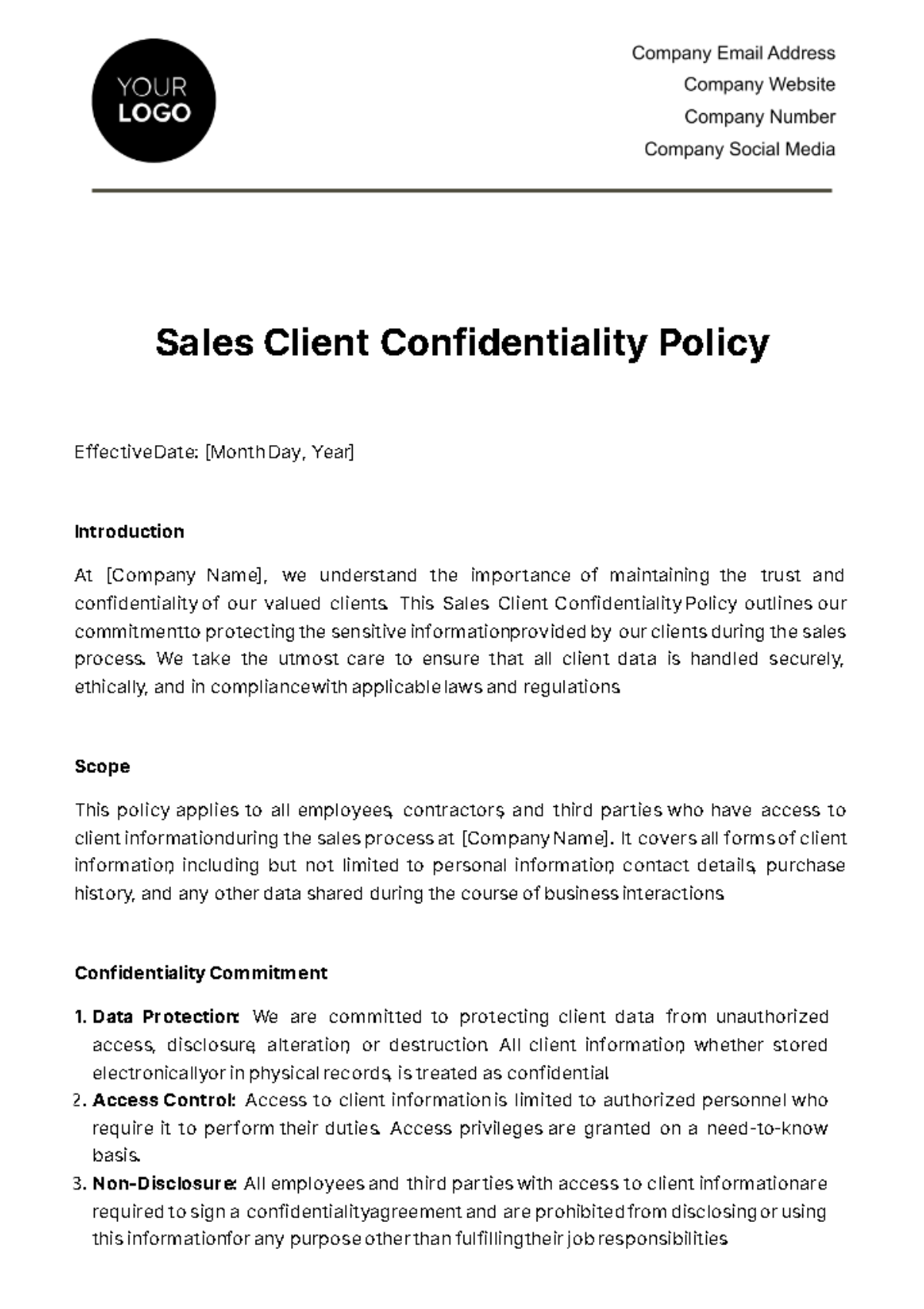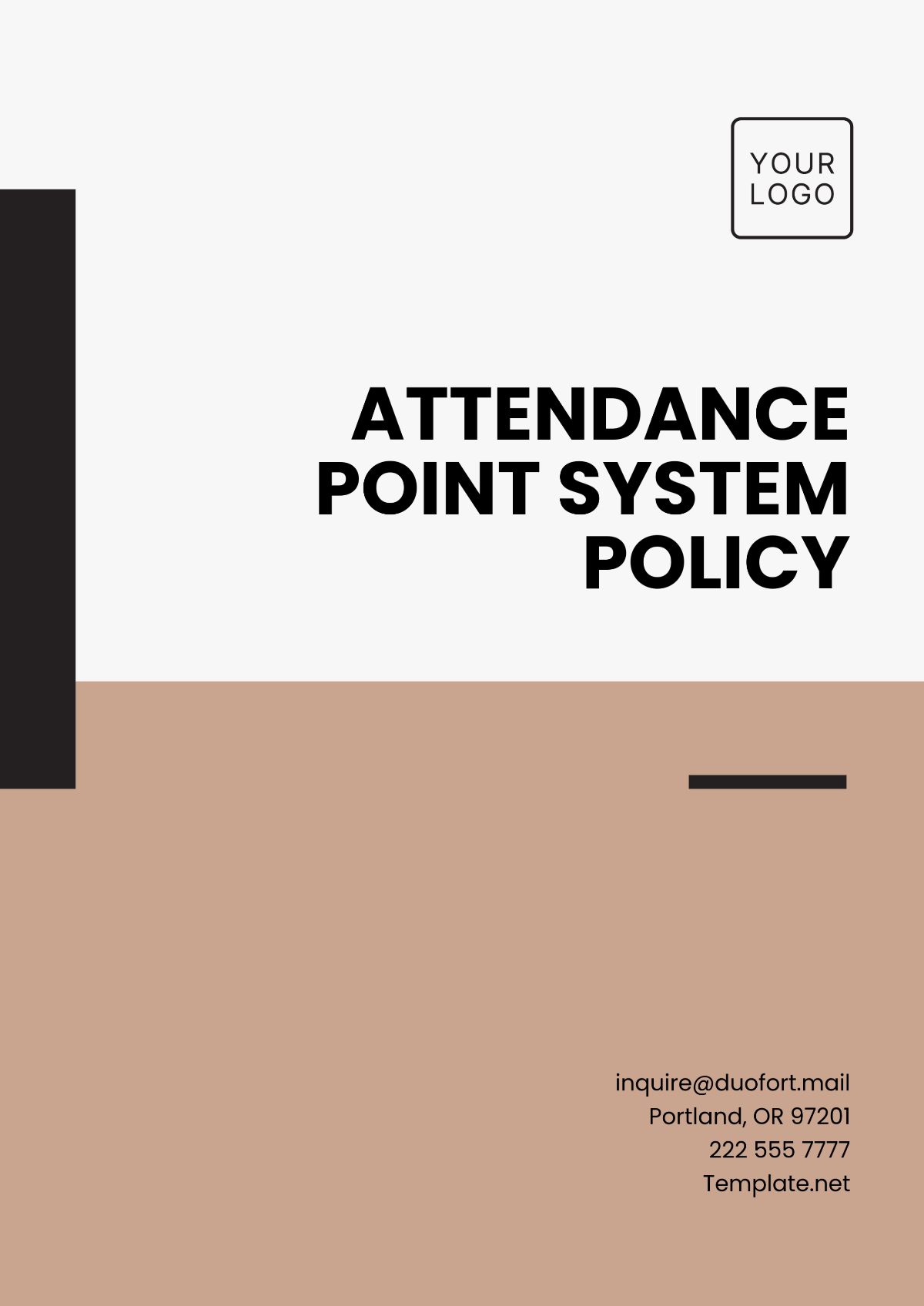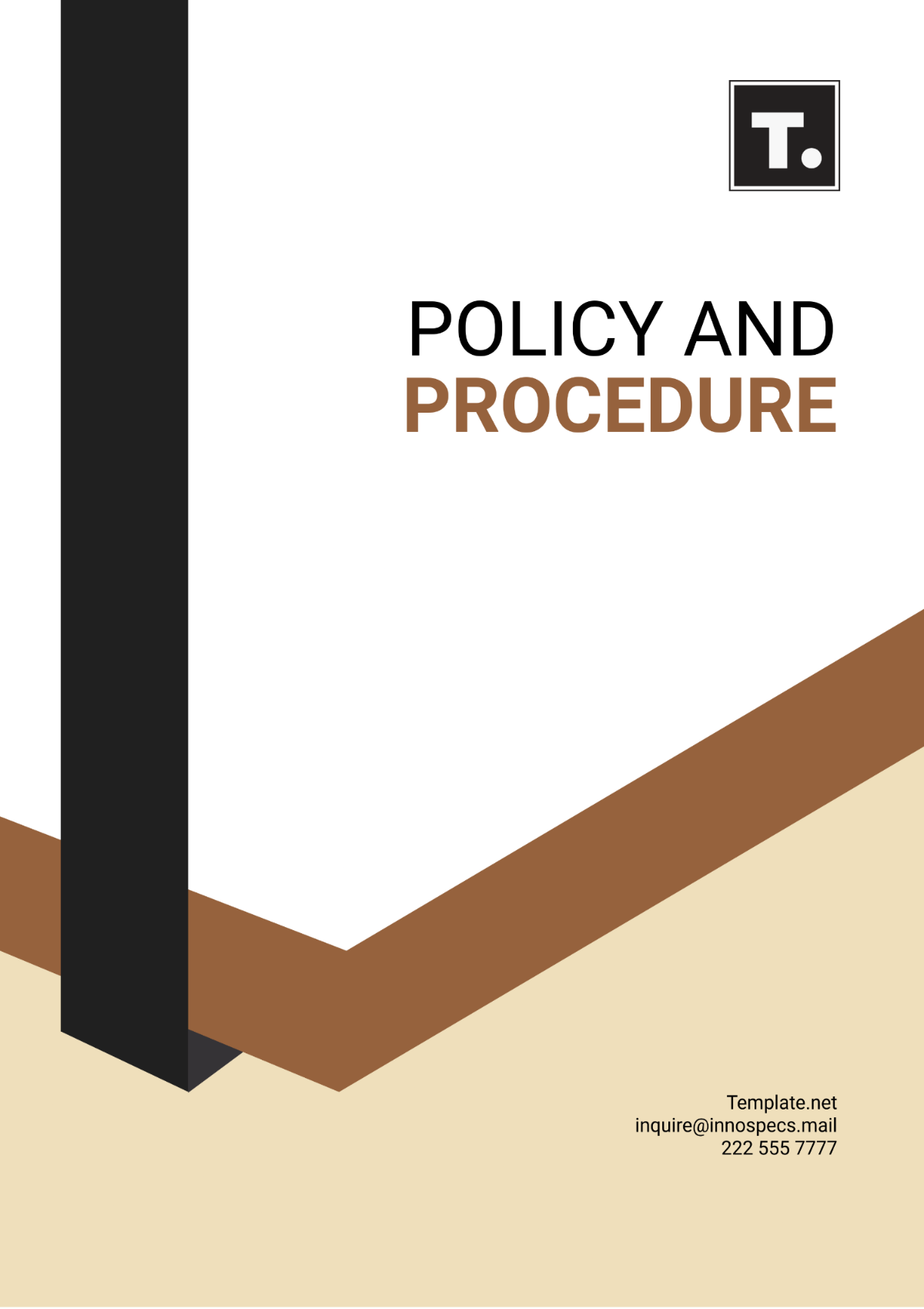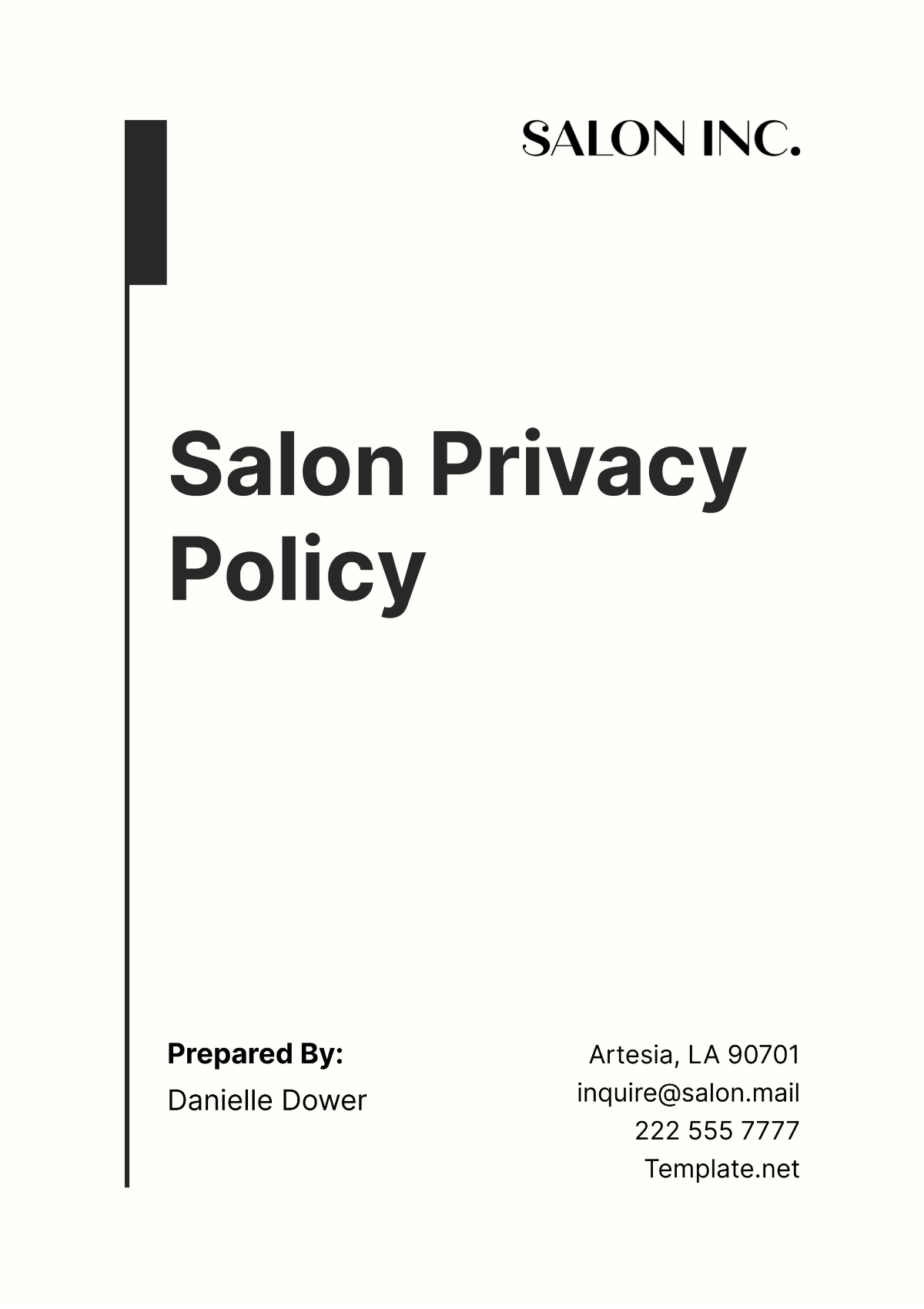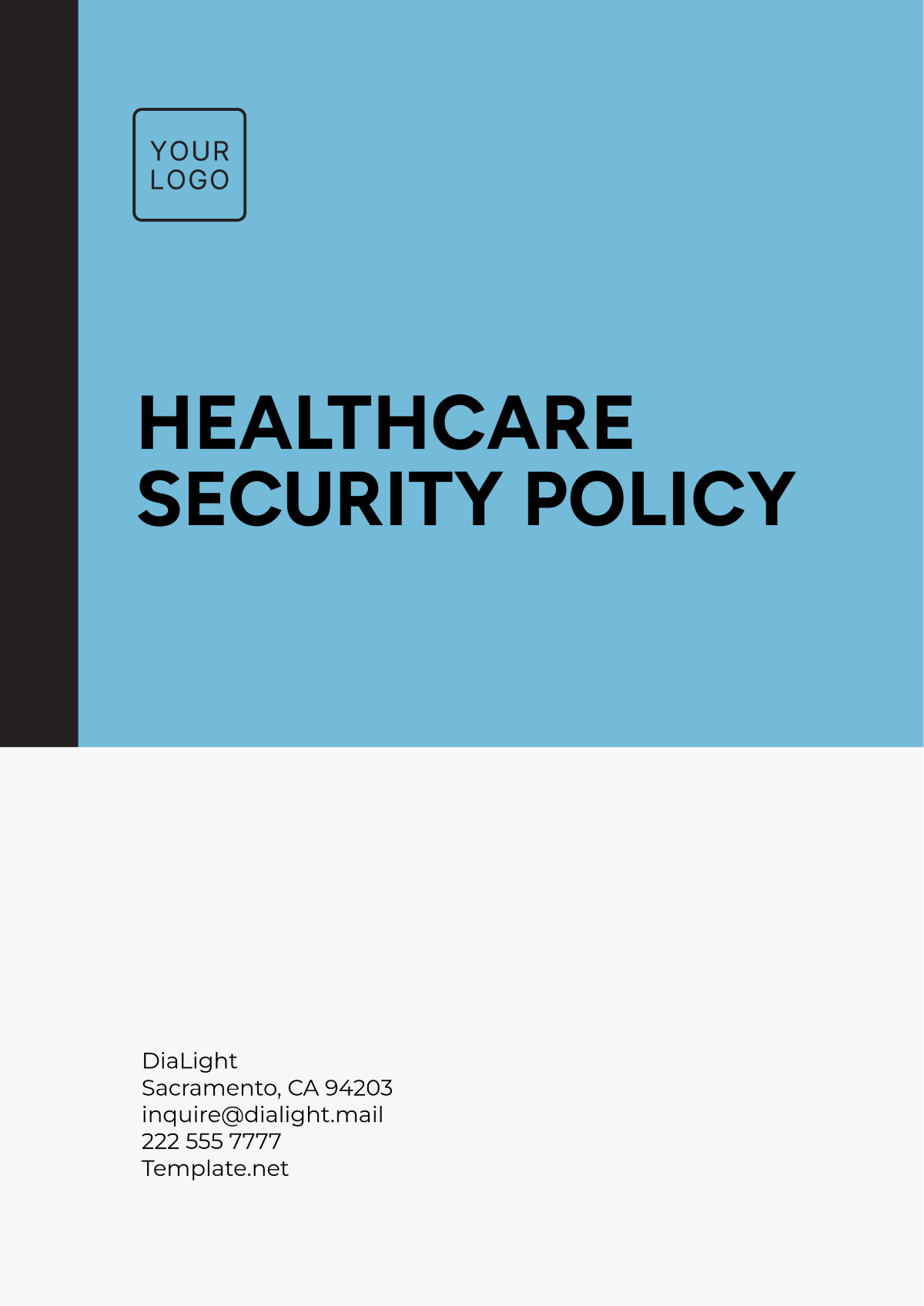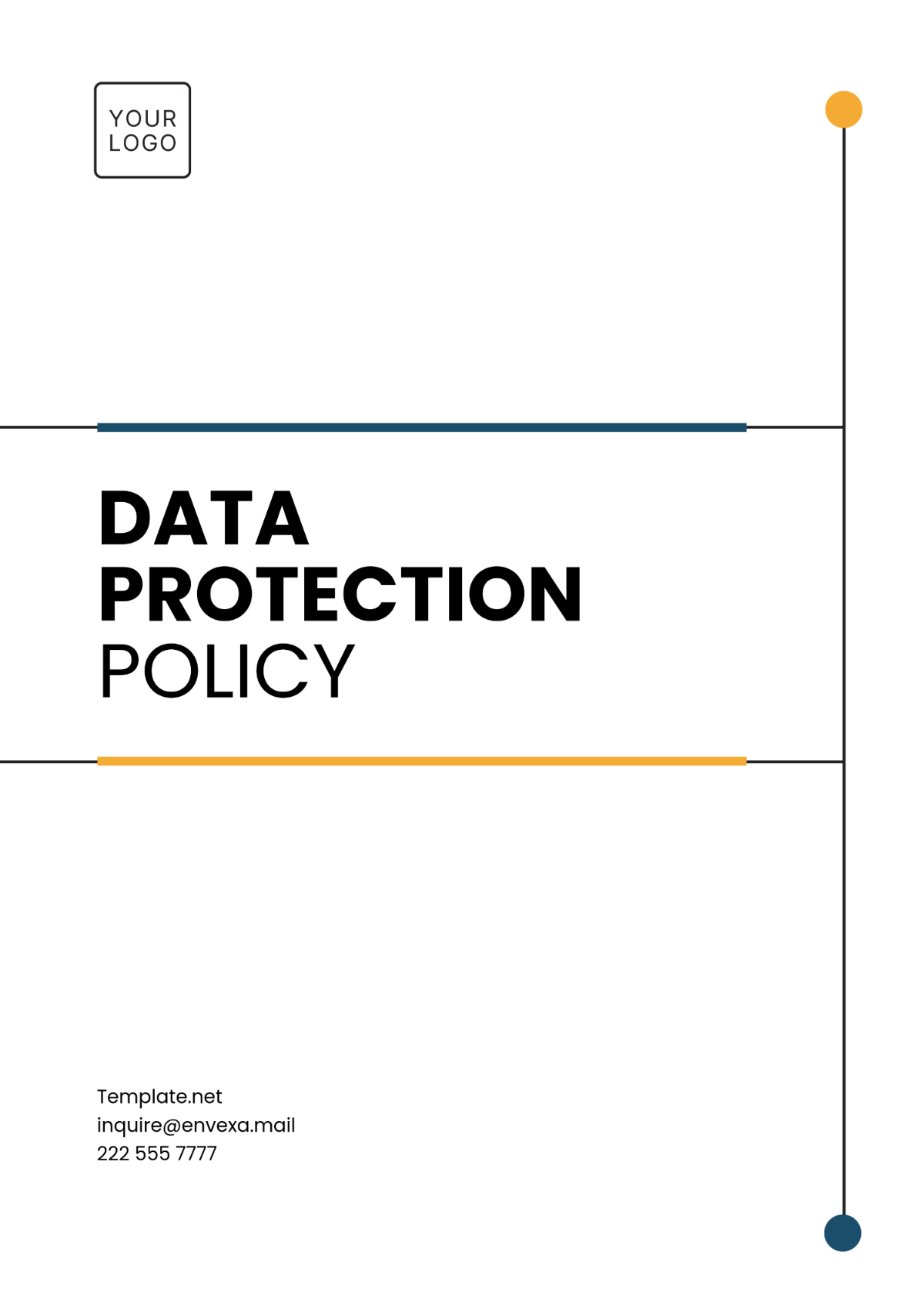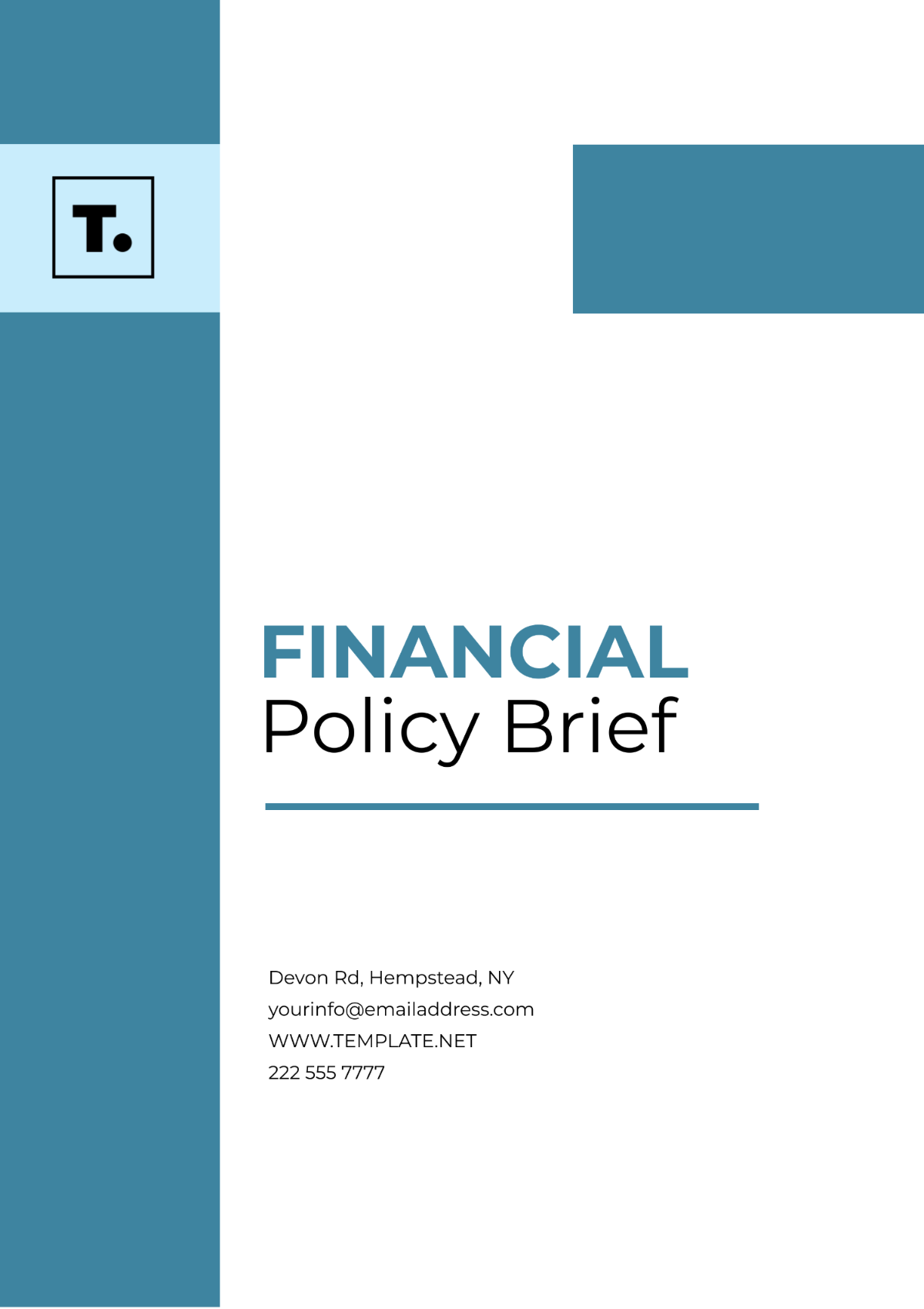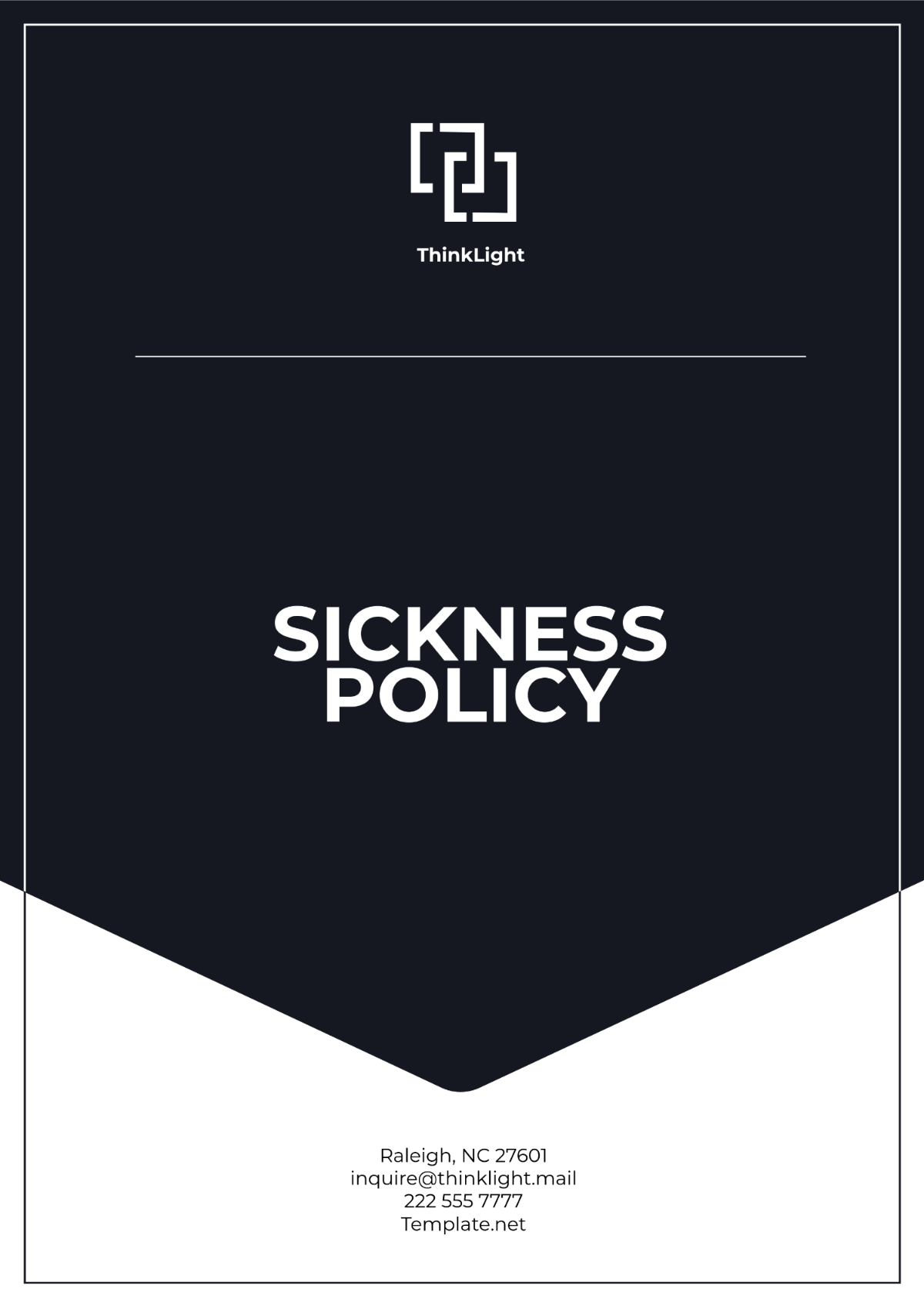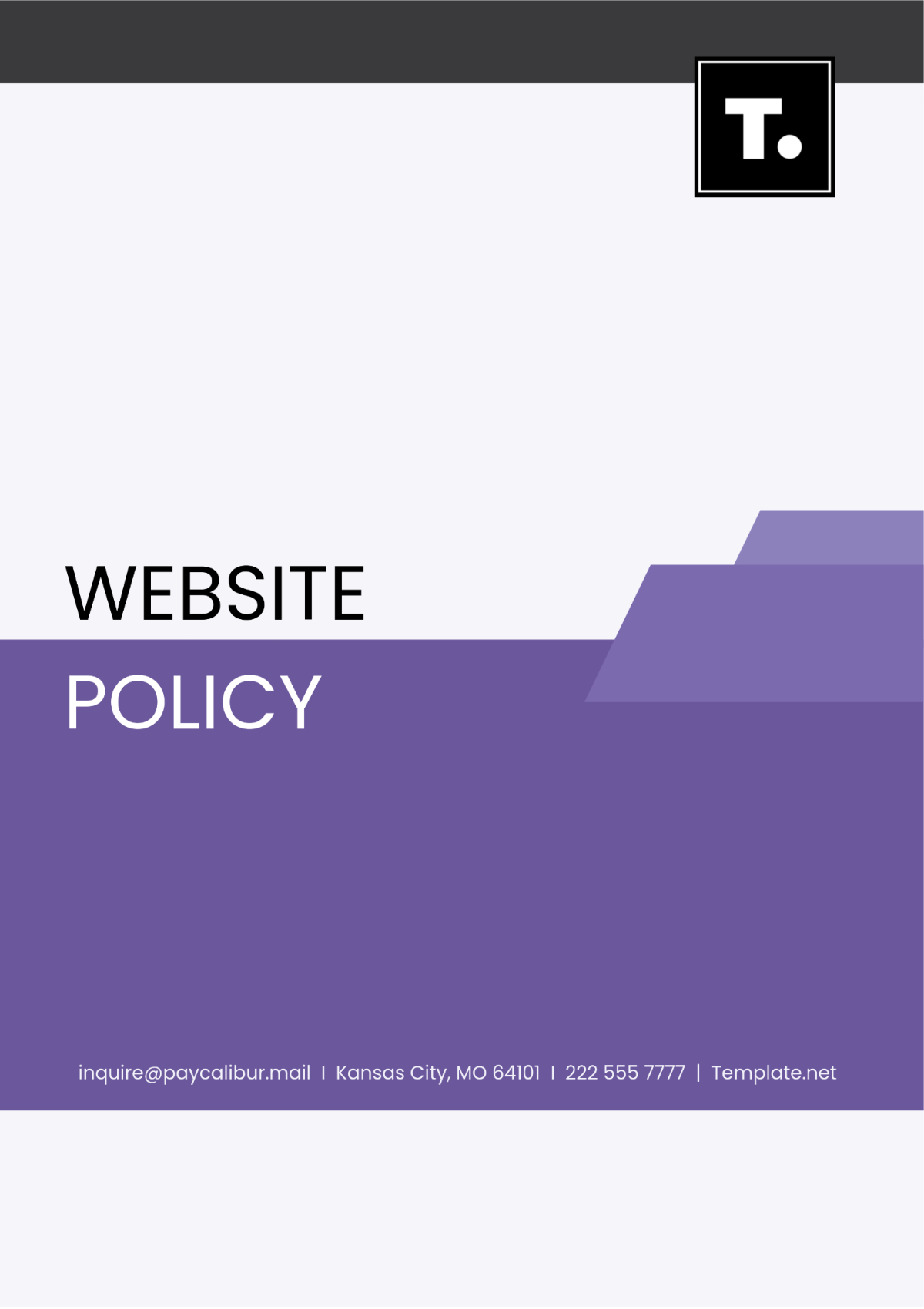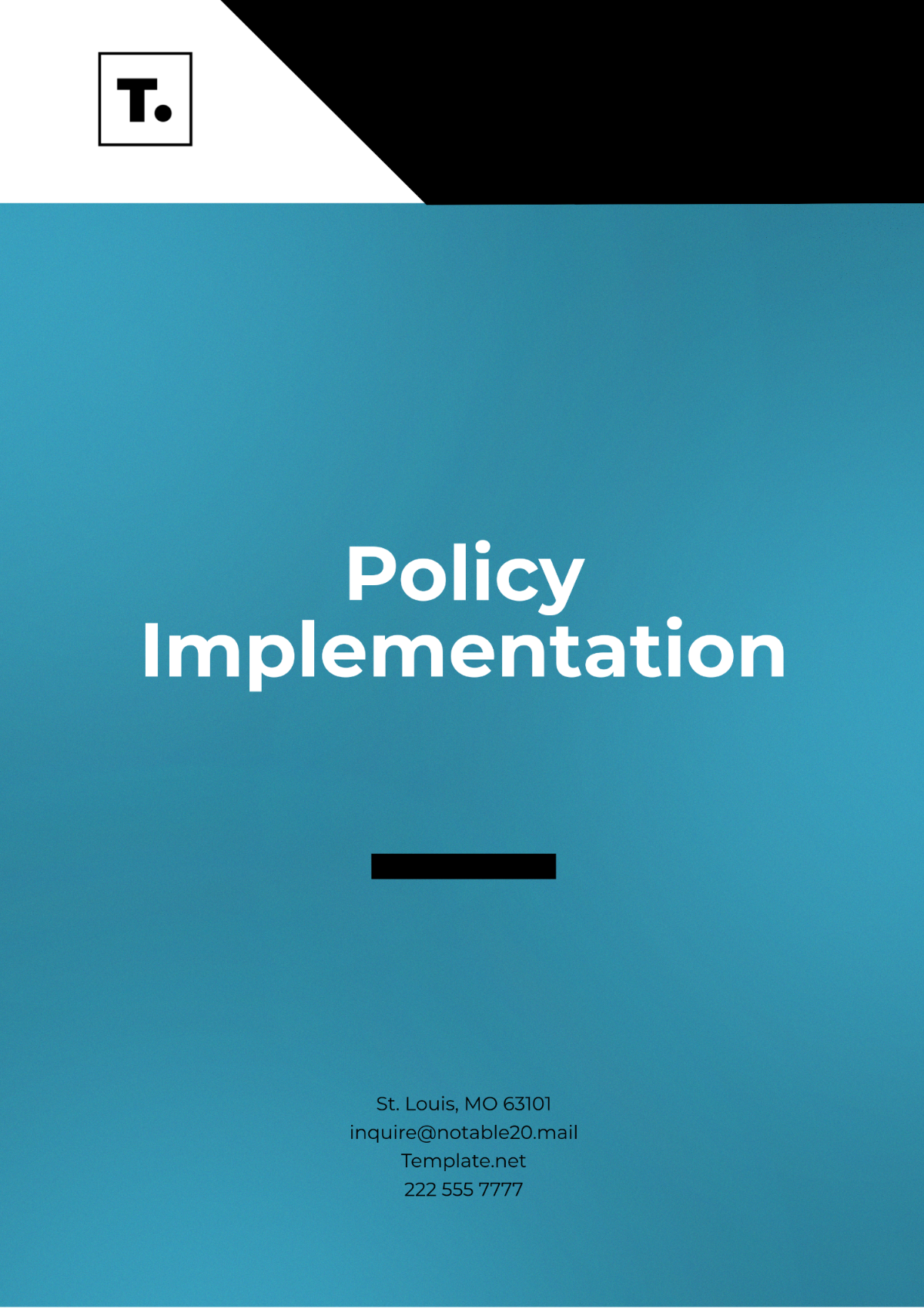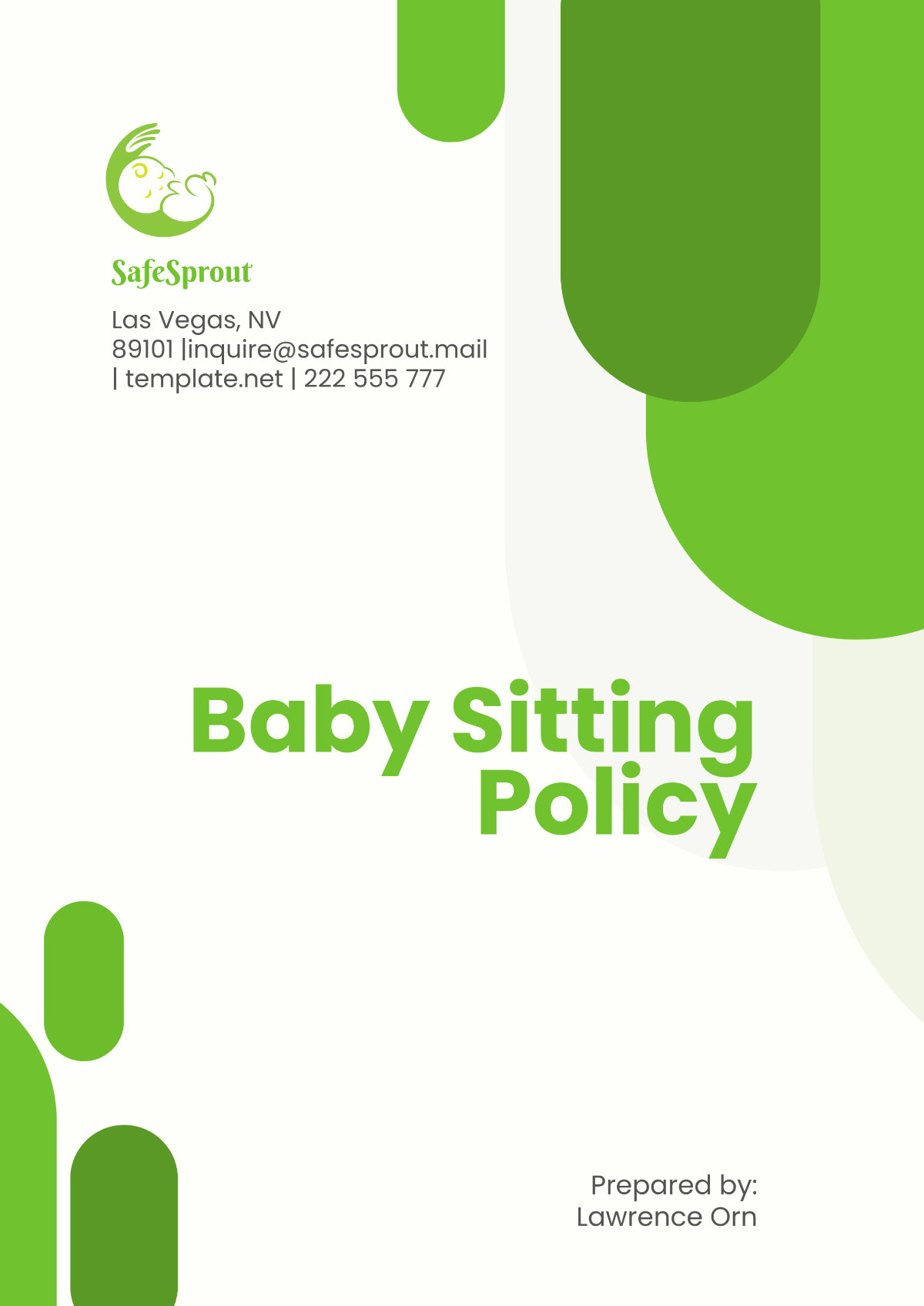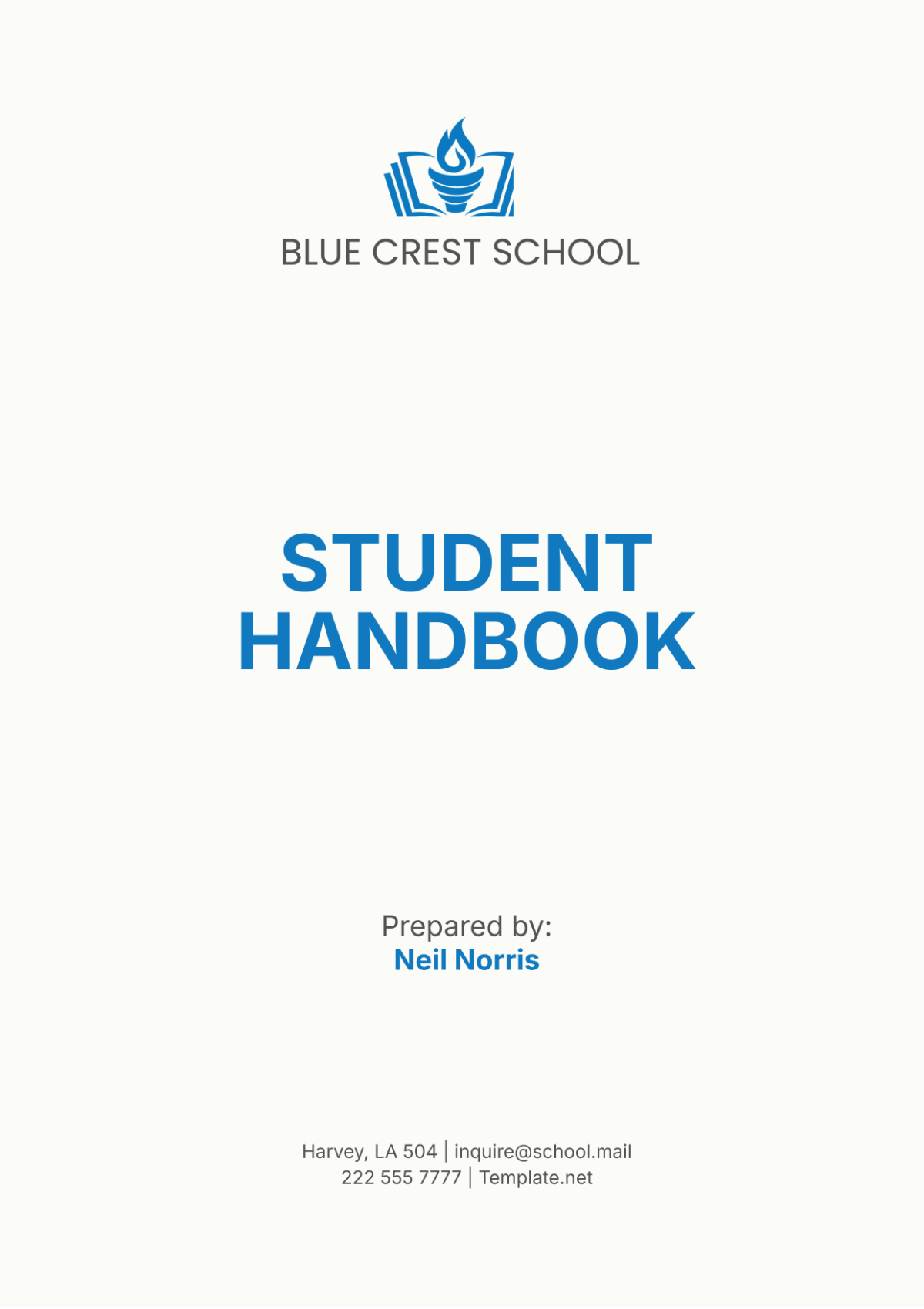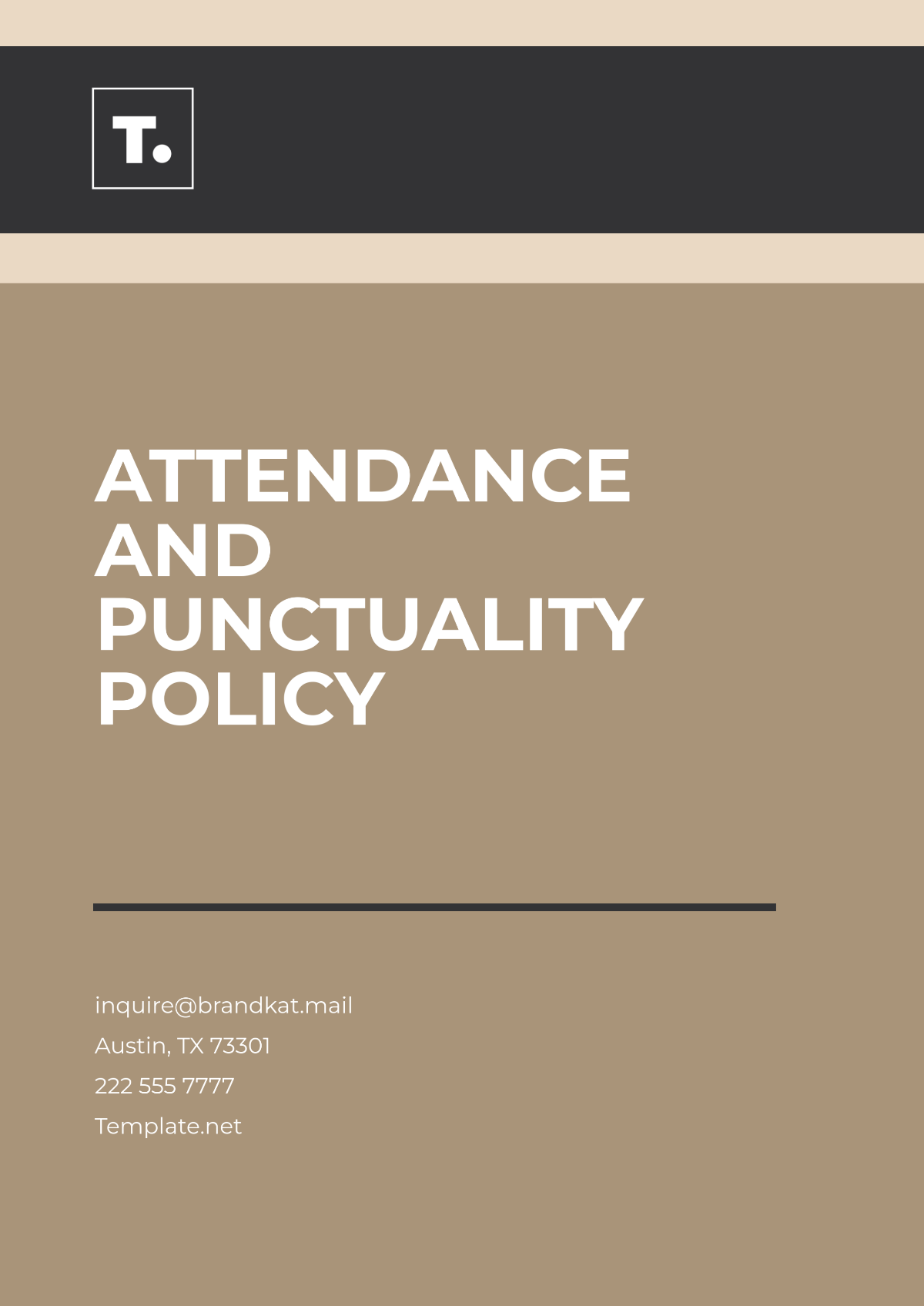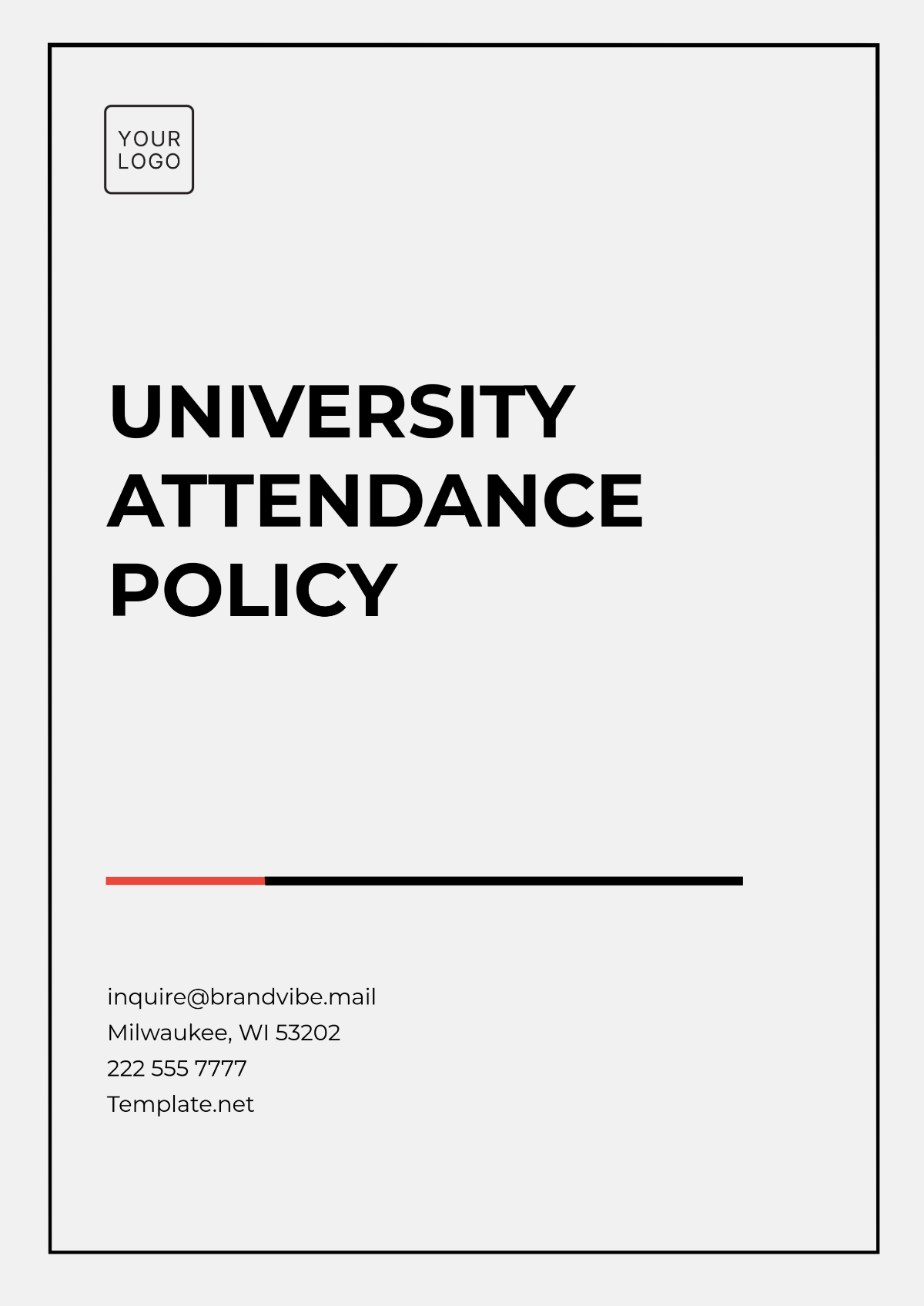Nursing Home End-of-Life Decision-Making Policy
I. Introduction
A. Purpose
The purpose of this policy is to establish clear guidelines and procedures for end-of-life decision-making within [Your Company Name]'s nursing home facilities. This policy aims to ensure that residents receive compassionate and individualized care that aligns with their wishes and values as they approach the end of life.
By implementing this policy, [Your Company Name] seeks to promote transparency, communication, and collaboration among staff, residents, and families involved in end-of-life care. This policy also serves to uphold residents' rights to autonomy, dignity, and quality of life throughout the end-of-life process.
B. Scope
This policy applies to all [Your Company Name] nursing home staff, including healthcare providers, administrators, and support personnel, as well as residents and their families. It encompasses all aspects of end-of-life care decision-making, including advance care planning, palliative care, and hospice services, within the nursing home setting.
This policy aligns with relevant federal, state, and local laws and regulations governing end-of-life care in healthcare facilities. It also reflects industry best practices and professional guidelines to ensure the delivery of high-quality and person-centered care to residents nearing the end of life.
II. Definitions
A. Advance Directive
An advance directive is a legal document that allows individuals to express their preferences for medical treatment and care in the event they become unable to communicate their wishes. It typically includes instructions regarding life-sustaining treatments, resuscitation, and organ donation, as well as the appointment of a healthcare proxy or surrogate decision-maker.
Advance directives serve as a guide for healthcare providers and family members in making healthcare decisions on behalf of individuals who are incapacitated or unable to make decisions for themselves. They help ensure that medical care aligns with the individual's values, beliefs, and preferences, particularly during end-of-life situations.
B. Hospice Care
Hospice care is a specialized form of healthcare focused on providing comfort, pain management, and emotional support to individuals with terminal illnesses or conditions. The primary goal of hospice care is to enhance the quality of life for patients and their families by addressing physical, emotional, and spiritual needs during the end-of-life period.
Hospice services may include symptom management, pain relief, psychosocial support, spiritual care, and bereavement counseling. Hospice care is typically provided in the patient's home, nursing home, or hospice facility, with a multidisciplinary team of healthcare professionals collaborating to meet the individualized needs of each patient and family.
III. End-of-Life Decision-Making Process
A. Communication
Open and honest communication among all stakeholders involved in end-of-life care is essential to ensure that residents' wishes and preferences are understood and respected. Effective communication strategies include:
Regular meetings between healthcare providers, residents, and families to discuss end-of-life care options and goals.
Providing education and information about advance care planning, palliative care, and hospice services to residents and families.
Encouraging residents to express their values, beliefs, and treatment preferences regarding end-of-life care through advance directives and ongoing discussions.
Respecting cultural and religious beliefs that may influence end-of-life decision-making and tailoring communication approaches accordingly.
[Your Company Name] encourages proactive communication and collaboration among interdisciplinary team members, including physicians, nurses, social workers, chaplains, and other healthcare professionals, to ensure holistic and person-centered end-of-life care for residents.
B. Advance Directives
Advance directives are an integral component of end-of-life decision-making and should be discussed with residents upon admission to the nursing home and periodically throughout their stay. Key considerations related to advance directives include:
Educating residents and families about the purpose and importance of advance directives, including living wills and durable power of attorney for healthcare.
Assisting residents in completing advance directive forms and ensuring that they are accurately documented and updated as needed.
Incorporating advance directive information into residents' electronic health records and care plans to guide decision-making in the event of incapacity.
Providing resources and support for residents who wish to review or modify their advance directives based on changing healthcare preferences or circumstances.
[Your Company Name] respects residents' autonomy and right to make informed decisions about their medical treatment and end-of-life care. Staff members are trained to honor and uphold advance directives in accordance with applicable laws and regulations.
C. Assessment
Regular assessment of residents' physical, emotional, and spiritual needs is essential for delivering personalized and effective end-of-life care. The assessment process includes:
Conducting comprehensive physical examinations to identify symptoms, pain, and changes in medical status that may indicate the need for palliative or hospice care.
Utilizing validated screening tools and assessment scales to evaluate residents' pain, functional status, cognitive function, and quality of life.
Engaging residents and families in discussions about goals of care, treatment options, and preferences for symptom management and comfort measures.
Collaborating with interdisciplinary team members to develop individualized care plans that address residents' unique needs and priorities during the end-of-life transition.
[Your Company Name] emphasizes the importance of ongoing assessment and reassessment throughout the end-of-life journey to ensure that care plans remain aligned with residents' evolving needs, preferences, and goals.
D. Family Involvement
Family members play a significant role in the end-of-life care decision-making process and should be actively engaged and supported by nursing home staff. Strategies to facilitate family involvement include:
Providing opportunities for family meetings, conferences, or discussions with healthcare providers to address concerns, clarify information, and make decisions collaboratively.
Offering emotional support, counseling, and resources to help families cope with the challenges and emotions associated with end-of-life care.
Respecting families' cultural, religious, and personal beliefs regarding death and dying and accommodating their preferences to the extent possible.
Encouraging families to participate in the development and implementation of care plans, including decisions about pain management, comfort measures, and goals of care.
[Your Company Name] recognizes the importance of family-centered care in promoting the well-being and dignity of residents during the end-of-life process. Staff members are trained to communicate effectively and compassionately with families and to involve them as partners in care decision-making.
IV. Comfort and Support
A. Pain Management
Effective pain management is a fundamental aspect of end-of-life care and requires a multidisciplinary approach to address physical, emotional, and spiritual pain. Key principles of pain management include:
Conducting regular assessments of pain intensity, location, and characteristics using standardized pain scales and assessment tools.
Tailoring pain management strategies to meet the individual needs and preferences of residents, taking into account factors such as age, medical history, and cultural background.
Utilizing a combination of pharmacological and non-pharmacological interventions to achieve optimal pain relief and symptom control.
Monitoring residents' responses to pain treatment and adjusting medications or interventions as needed to maintain comfort and quality of life.
[Your Company Name] is committed to providing evidence-based pain management practices that prioritize residents' comfort, dignity, and well-being. Staff members receive training and support to deliver compassionate and effective pain relief interventions in accordance with best practices and regulatory standards.
B. Emotional Support
Emotional support is essential for residents and families facing the challenges of end-of-life care and bereavement. [Your Company Name] offers a range of emotional support services, including:
Counseling and psychotherapy services provided by licensed mental health professionals to help residents and families cope with grief, anxiety, depression, and other emotional distress.
Support groups and peer-led discussions facilitated by trained staff members to provide opportunities for sharing experiences, expressing emotions, and finding comfort in community.
Spiritual care and pastoral support offered by chaplains, clergy members, or spiritual advisors to address existential questions, provide comfort, and facilitate religious rituals or ceremonies as desired.
Bereavement support services provided to families following the death of a loved one, including counseling, memorial services, and referral to community resources for ongoing support.
[Your Company Name] recognizes the importance of holistic care that attends to residents' emotional and spiritual needs as well as their physical symptoms. Staff members receive training in empathic communication and supportive interventions to foster a caring and therapeutic environment for residents and families during the end-of-life journey.
C. Palliative Care Services
Palliative care is an interdisciplinary approach to care that focuses on relieving symptoms, managing pain, and improving quality of life for individuals with serious illnesses or conditions, regardless of prognosis. [Your Company Name] offers comprehensive palliative care services, including:
Symptom management and relief provided by healthcare providers with expertise in pain management, symptom control, and end-of-life care.
Psychosocial support and counseling offered by social workers, psychologists, or counselors to address emotional, social, and practical concerns related to illness, treatment, and caregiving.
Spiritual care and existential support provided by chaplains, clergy members, or spiritual advisors to help individuals find meaning, purpose, and peace during times of illness, suffering, and loss.
Care coordination and continuity facilitated by palliative care teams, which collaborate with primary care providers, specialists, and community resources to ensure seamless transitions between care settings and services.
[Your Company Name] is committed to integrating palliative care principles and practices into the continuum of care for residents with serious illnesses or nearing the end of life. Staff members receive specialized training and support to deliver compassionate and holistic palliative care that honors residents' goals, values, and preferences while optimizing quality of life and comfort.
V. Decision-Making Responsibilities
A. Resident Autonomy
[Your Company Name] upholds the principle of resident autonomy and respects each resident's right to make decisions about their own healthcare, including end-of-life care preferences. Key aspects of supporting resident autonomy include:
Providing information and education to residents about their rights, options, and choices regarding medical treatment, advance directives, and end-of-life care.
Honoring residents' wishes and preferences as expressed in advance directives, living wills, or verbal instructions, even if they differ from recommendations or norms.
Facilitating communication and shared decision-making between residents, family members, and healthcare providers to ensure that care plans align with residents' values, goals, and priorities.
Respecting residents' decisions to refuse or withdraw life-sustaining treatments, in accordance with applicable laws, regulations, and ethical guidelines.
[Your Company Name] recognizes the importance of promoting resident autonomy and self-determination throughout the end-of-life care process. Staff members receive training and support to engage residents in meaningful discussions about their healthcare preferences and to honor their choices with sensitivity and respect.
B. Surrogate Decision-Makers
In cases where a resident lacks decision-making capacity or is unable to communicate their preferences for medical treatment, [Your Company Name] identifies and involves surrogate decision-makers to act in the resident's best interests. Key considerations related to surrogate decision-making include:
Determining the appropriate surrogate decision-maker(s) based on legal guidelines, familial relationships, and the resident's expressed preferences or designated healthcare proxy.
Engaging surrogate decision-makers in discussions about the resident's condition, prognosis, treatment options, and goals of care to inform decision-making.
Providing support and guidance to surrogate decision-makers to help them understand their role, responsibilities, and ethical considerations in making healthcare decisions on behalf of the resident.
Respecting the surrogate decision-maker's authority to make decisions in accordance with the resident's known wishes, best interests, and applicable laws and regulations.
[Your Company Name] is committed to facilitating surrogate decision-making processes that prioritize the resident's well-being and uphold their rights and dignity. Staff members receive training in effective communication and collaboration with surrogate decision-makers to ensure that care decisions are made in accordance with residents' values and preferences.
VI. Documentation and Review
A. Documentation Requirements
Accurate and comprehensive documentation of end-of-life care discussions, decisions, and interventions is essential for ensuring continuity of care, legal compliance, and quality improvement. [Your Company Name] follows established documentation standards, including:
Recording all end-of-life care discussions, including advance care planning conversations, treatment decisions, and changes in resident preferences, in the resident's electronic health record (EHR).
Documenting the resident's advance directives, living will, and healthcare proxy designation in their EHR and ensuring that this information is readily accessible to healthcare providers and staff.
Maintaining detailed records of pain assessments, symptom management interventions, and palliative care services provided to the resident, including medication administration, comfort measures, and psychosocial support.
Documenting any changes in the resident's condition, goals of care, or treatment preferences over time and updating the care plan and advance directives accordingly.
[Your Company Name] emphasizes the importance of accurate and timely documentation in facilitating communication, care coordination, and quality monitoring for residents receiving end-of-life care. Staff members receive training in documentation best practices and are held accountable for maintaining complete and up-to-date records in compliance with regulatory requirements.
B. Quality Assurance
[Your Company Name] is committed to continuously monitoring and improving the quality of end-of-life care provided to residents through ongoing quality assurance initiatives. Key components of quality assurance include:
Regular review of end-of-life care practices, policies, and outcomes by interdisciplinary teams, quality improvement committees, and external stakeholders.
Analysis of clinical data, resident feedback, and outcome measures related to pain management, symptom control, patient satisfaction, and adherence to advance directives.
Identification of areas for improvement, performance benchmarks, and evidence-based interventions to enhance the delivery of end-of-life care and support residents' goals and preferences.
Implementation of quality improvement projects, staff education programs, and policy revisions based on feedback, data analysis, and best practices to promote continuous quality improvement.
[Your Company Name] fosters a culture of quality and safety in end-of-life care through proactive monitoring, feedback mechanisms, and collaboration among stakeholders. Staff members are encouraged to participate in quality improvement initiatives and to contribute to the ongoing enhancement of end-of-life care services.
VII. Training and Education
A. Staff Training
[Your Company Name] provides comprehensive training programs to ensure that all staff members are equipped with the knowledge, skills, and competencies necessary to deliver high-quality end-of-life care. Training topics include:
End-of-life communication and counseling skills, including strategies for discussing sensitive topics, eliciting patient preferences, and supporting families.
Understanding and implementing advance care planning processes, including the role of advance directives, healthcare proxy designation, and goals of care discussions.
Pain management principles and practices, including assessment techniques, pharmacological and non-pharmacological interventions, and medication administration protocols.
Palliative care principles and interdisciplinary teamwork, including symptom management, psychosocial support, spiritual care, and bereavement services.
Legal and ethical considerations in end-of-life care, including informed consent, surrogate decision-making, cultural competence, and compliance with regulatory requirements.
Documentation standards and best practices for recording end-of-life care discussions, treatment decisions, and interventions in resident records.
[Your Company Name] utilizes a variety of training modalities, including lectures, workshops, case studies, simulations, and online modules, to accommodate different learning styles and preferences. Training programs are tailored to the specific needs and roles of staff members, including nurses, certified nursing assistants, social workers, chaplains, and administrative personnel.
B. Resident and Family Education
In addition to staff training, [Your Company Name] offers educational resources and support to residents and their families to facilitate informed decision-making and promote understanding of end-of-life care options. Educational initiatives include:
Providing written materials, brochures, and pamphlets on advance care planning, palliative care, hospice services, and end-of-life decision-making.
Offering educational workshops, seminars, and support groups for residents and families to learn about end-of-life care topics, ask questions, and share experiences.
Facilitating one-on-one counseling sessions with healthcare providers, social workers, or chaplains to address specific concerns, clarify information, and provide personalized support.
Collaborating with community organizations, advocacy groups, and religious institutions to offer culturally sensitive education and support services to diverse populations.
[Your Company Name] recognizes the importance of empowering residents and families with knowledge and resources to make informed decisions about end-of-life care. Educational materials and programs are regularly reviewed and updated to ensure accuracy, accessibility, and relevance to the needs of residents and families.
VIII. Compliance and Enforcement
A. Compliance Monitoring
[Your Company Name] conducts regular audits and assessments to monitor compliance with this policy and relevant laws, regulations, and accreditation standards related to end-of-life care. Compliance monitoring activities include:
Reviewing resident records, care plans, and documentation to ensure adherence to advance directives, pain management protocols, and quality standards.
Conducting periodic surveys, interviews, and observations to assess staff knowledge, practices, and attitudes toward end-of-life care and communication.
Analyzing data on key performance indicators, such as rates of advance directive completion, hospice utilization, and resident satisfaction with end-of-life care services.
Responding promptly to any identified deficiencies, concerns, or non-compliance issues through corrective action plans, staff retraining, and policy revisions.
[Your Company Name] is committed to maintaining high standards of quality and compliance in end-of-life care through proactive monitoring, continuous improvement, and accountability at all levels of the organization. Compliance monitoring results are regularly reported to management, regulatory agencies, and governing bodies to ensure transparency and accountability.
B. Disciplinary Action
[Your Company Name] enforces disciplinary measures for staff found to be in violation of this policy or engaged in misconduct related to end-of-life care. Disciplinary actions may include:
Verbal or written warnings for minor infractions or lapses in compliance with policy and procedure.
Re-training or remedial education for staff members requiring additional support or guidance in end-of-life care practices.
Suspension or termination of employment for serious violations, negligence, or unethical behavior that jeopardizes resident safety or well-being.
Reporting incidents of misconduct or abuse to appropriate authorities, including state regulatory agencies, law enforcement, and professional licensing boards.
[Your Company Name] maintains a zero-tolerance policy for mistreatment, neglect, or exploitation of residents, particularly in the context of end-of-life care. Staff members are expected to uphold the highest standards of professional conduct and ethical behavior in all interactions with residents, families, and colleagues. Instances of non-compliance or misconduct are thoroughly investigated and addressed in accordance with established policies and procedures, with a focus on protecting resident rights, dignity, and safety.
IX. References
A. Relevant Laws and Regulations
Legislation/Regulation | Description |
|---|---|
Federal Patient Self-Determination Act | Requires healthcare facilities to inform patients about their rights to make decisions concerning medical treatment, including the right to create advance directives. |
State Advance Directive Laws | Varied state laws governing the creation, validity, and execution of advance directives, including living wills and healthcare proxy designation. |
Nursing Home Reform Act (OBRA '87) | Establishes minimum standards for nursing home care, including requirements for resident rights, quality of life, and advance care planning. |
HIPAA Privacy Rule | Protects the privacy and confidentiality of individuals' health information, including advance directives and medical records, and regulates their disclosure by healthcare providers. |
B. Professional Guidelines
Organization/Resource | Description |
|---|---|
National Hospice and Palliative Care Organization (NHPCO) | Provides clinical practice guidelines, educational resources, and advocacy for hospice and palliative care providers, including standards for end-of-life decision-making and care delivery. |
American Medical Directors Association (AMDA) | Offers clinical practice guidelines and educational resources for medical directors and healthcare providers in long-term care settings, including recommendations for end-of-life care planning, pain management, and palliative care. |
The Joint Commission | Sets accreditation standards for healthcare organizations, including requirements related to advance care planning, pain assessment and management, and communication with patients and families about end-of-life care preferences. |
American Bar Association Commission on Law and Aging | Offers resources and guidance on legal issues related to advance directives, surrogate decision-making, and end-of-life decision-making, including model forms and state-specific legal information. |
[Your Company Name] acknowledges the importance of adhering to relevant laws, regulations, and professional guidelines to ensure the provision of ethical, patient-centered, and high-quality end-of-life care in our nursing home facilities. These references serve as valuable resources for informing policy development, staff training, and clinical practice to meet the needs and preferences of residents and their families during the end-of-life journey.



